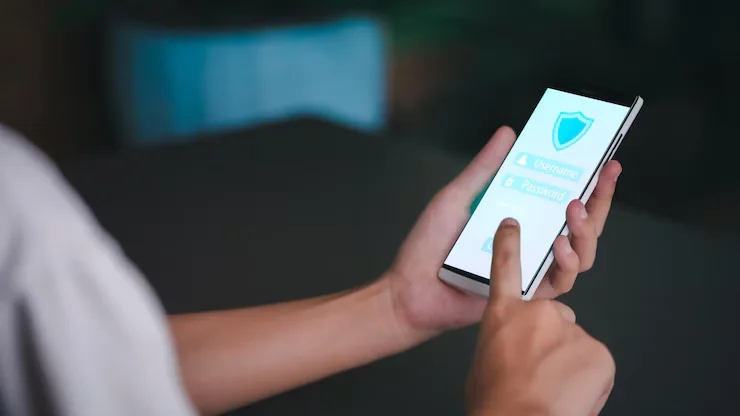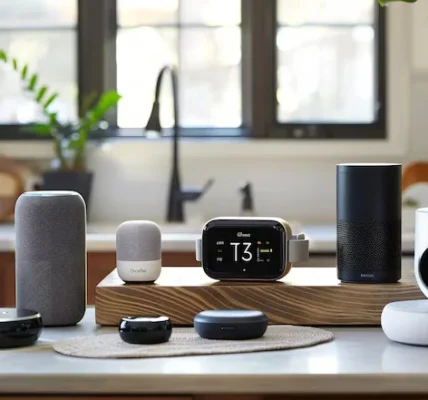Nowadays everyone spends most of their time on Phone. Everything has gone digital. Shopping, banking, personal messages. Professional emails all happen on the phone. Due to this, the data of the phone has become very sensitive. If this information gets spilled or hacked, it can cause a part of harm. Hence, it is critical for each client to pay consideration to the security of the phone. Underneath we talk about strategies and apparatuses that offer assistance to keep your phone information secure. Each client ought to know essential and progressed security.
Use Strong Passwords & Locks
A phone’s primary security layer is its screen lock. Each user must use a strong password or biometric lock. The pattern lock can be easily guessed. For this use either complex pin or fingerprint or face lock. Passwords should use uppercase letters, numbers and symbols. Passwords should not be repeated for any app or account. It is also a good habit to change your password every two months. Using password manager apps is also beneficial.
Install trusted security apps
Every phone user should install a reliable antivirus or security app. These apps detect malware and block suspicious activity. Apps like Avast Mobile Security, Bitdefender and Norton provide good security for Android. They offer features like real-time scan, anti-theft and app locker. Regular updates and timely scans of the security app improve phone security. Scanning should also be done after installing every new app.
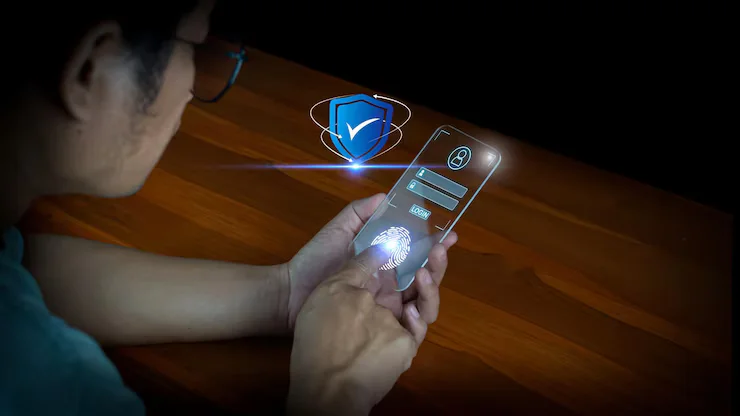
Wi-Fi is dangerous
- Plan for hackers
Hackers create fake Wi-Fi that looks real. You connect and they steal your data. They keep track of your password or login. They read everything using sniffing tools. You can’t know anything. So keep your firewall active and turn off file sharing. Always use a secure site. Vigilance is the only way to protect yourself.
- Benefits of Using VPN
If you must use Wi-Fi, use a VPN. A VPN encrypts your data. Hackers cannot read the data. Use Nord VPN or Express VPN. It also hides your IP. Stay away from free VPNs. Only download trusted apps. Don’t use public Wi-Fi without a VPN. Always respect privacy.
- Post-use measures
Even after turning off Wi-Fi, it still works. Forget the network so it doesn’t connect automatically. Run a full scan with any antivirus. If you are logged in, log out. Changing passwords is also safe. Check email and apps to see if anything is missing. It is important to keep the system updated. Take some time but be safe.
Disable Auto Bluetooth and Location
Turn off Bluetooth or GPS whenever you’re not using them. Open Bluetooth is a feast for hackers. Similarly, a location service can also leak your real-time location. Only grant location access to trusted apps. Keep checking each app’s permissions. When these features are constantly active, the battery is also used more.
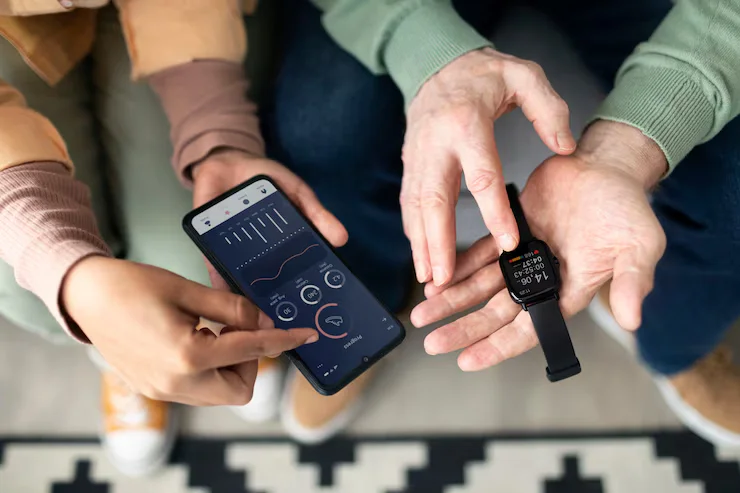
Enable two-factor authentication
All apps these days offer a two-factor authentication option. This adds an extra layer to your login process. Every time you log into your account, an OTP or verification code is sent to your phone or email. This method protects your account from unauthorized access. Google Authenticator or Microsoft Authenticator apps are very helpful. This feature should be enabled in every main account.
Clear Cache Regularly
There are many background files stored in your phone which are of no use. These caches and junk files slow down performance and also threaten privacy. Clear phone cache every week. Apps like Cleaner or Files by Google help in this task. This process improves both phone speed and battery life.
Monthly App Permission Review
Many apps take unnecessary permissions. Not every app has access to the camera, microphone, or contacts. Go to app settings every month and check permissions. Disable permissions that are not necessary. Misusing permissions can put your data at risk. It is important to review the settings after installing each new app.
Disable App Sync
Your phone’s data is often automatically synced to the cloud. But not all data needs to be synchronized. Keep syncing disabled for apps related to banking or finance. Sync only essential data like contacts or calendar. You must manually control the sync by going to the cloud settings. Additional sync data also uses your storage.
Avoid Unknown APK Sources
Never download and install APK files from unknown sources. These files are often malware. Only install apps from Google Play Store or Apple App Store. Disable “Install from unknown sources” option in settings. It is also important to only get updates from trusted sources. Fake APK files can steal data.
Update OS & Apps
Every phone update brings new features and security patches. The operating system and installed apps should be updated regularly. These updates protect your device from new threats. Enable the auto-update option so that your device is always protected. Update notifications should not be ignored.
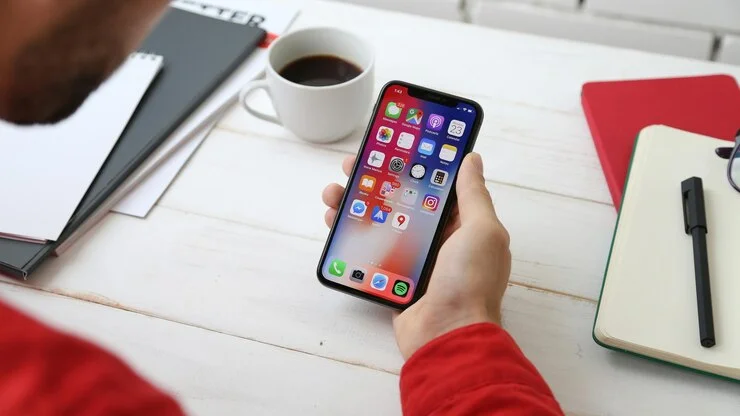
Do Not Share Phones
Never give your phone to an unknown person to use. Even if they only ask you to make one call. Such people can access your data through any app or file. Keep your phone under your control at all times. There is a risk of leaving the phone unattended in public places.
Save your SIM card
If someone happens to have a duplicate SIM card, they can access your OTP and verification codes. It is necessary to put a PIN on your SIM and set up a strong authentication card with your mobile carrier. This will prevent your SIM from being misused. Unauthorized access can be prevented by enabling SIM lock.
Conclusion
Today’s smartphone is not just a communication device but has become a complete digital wallet. It contains everything from personal data, banking information, emails, photos. Therefore, every user should pay close attention to the security of their phone. The above steps and tools will help you protect against data loss and cyber attacks. Good habits and the right tools will always keep your phone safe. Security is not a one-time task, it is a regular process. By following these steps you can secure your digital life.

